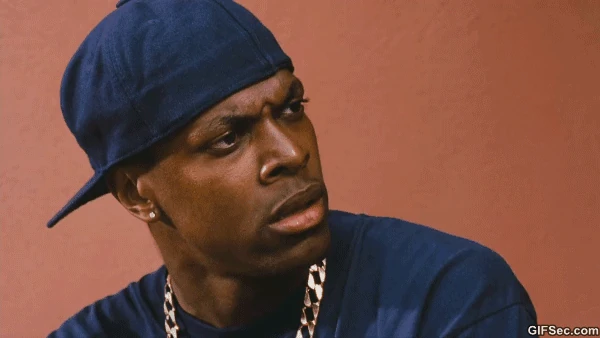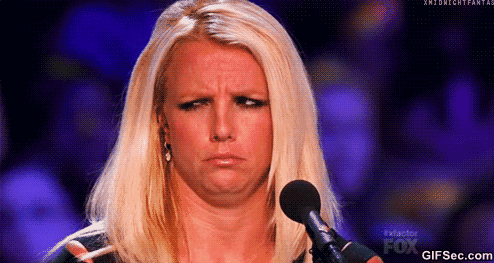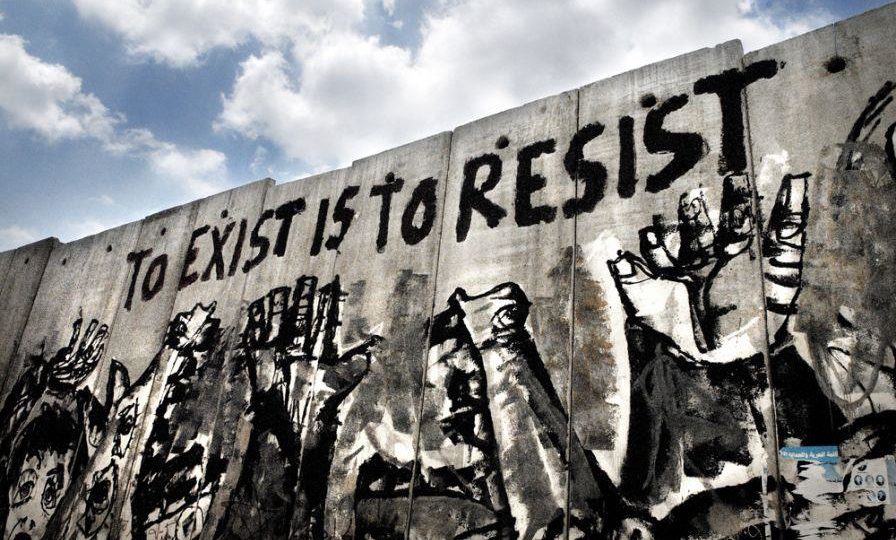
Disclaimer: Article contains content that may be offensive or unsuitable for minors.
This week’s frustrations come to you in exhaustion, confusion, disbelief, and as always, disappointment (accurately displayed by Chris Tucker).
I had high hopes for the new semester. I felt reinvigorated with a motivation to excel, and prayed for good professors in each of my classes. So far, I have faced many similar issues I explained in previous pieces about ignorant people and mildly racist professors. Strap in, everyone.
I’m taking a class about literature written by women all over the world, and I expected my peers and teacher to have base knowledge about respecting nonwhite people. At the very least, you’d think the people taking this class would know what NOT to say. Once again, I clearly overestimated the capacity that white people have to NOT be racist.
Let’s start with my professor.

She asked us to watch a documentary called “Drowned Out” about lower class people displaced by a dam in India, like tribal people and the caste of Dalit people. She posted a short history of India to provide some background information on the story. She pointed at me and said, “Tanvi can correct us if we make any mistakes.”
Oh of course! She MUST be referring to that gene in my DNA which codes for COMPLETE knowledge of the ENTIRE history of India! Every Indian is born with this ability, enabling them to serve as walking encyclopedias for whites.
I grew up in suburban Iowa. I’ve had relatively the same education as all the other people in that class. If white kids don’t know about Indian history, neither do I. That’s a failure from the American education system, not Indian American people.
I realize my professor didn’t intend to be racist (see definition of microaggression), but truthfully she made me feel like I had failed. Sadly, I don’t know that much about the history of my country, and it doesn’t help when she arbitrarily expects me, out of all of my classmates, to have this plethora of knowledge that I lack.
Okay, let’s move on to my peers.
After watching the documentary, my class discussed various aspects of the movie like stylistic choices, and intended audience. One girl was grateful for the subtitles when people spoke Hindi and Gujarati, but she wished the movie included subtitles when Indian people spoke English because “they don’t speak the same English I do.”
First of all, she’s so fucking self-absorbed to assume that all media is created for HER, WHITE AMERICAN consumption. All spaces belong to her, and all forms of art should be marketed and directed towards people like her.
Second of all, IT’S A MOVIE. Rewind that shit. Listen to it again. I promise, it’s not that hard. Maybe you’re just not used to listening to accents. That’s fine! BUT YOU HAVE TO TRY.
Thirdly, “the English I speak?” Are you kidding me? British people colonized India, said a bunch of horrible shit about its people, imposed upon them western culture, exploited the country’s resources and left people in destitute conditions. White people FORCED Indians into experiencing and appreciating Western culture. Don’t try to separate yourself from the horrors your ancestors committed in India through accents and dialectical discrepancies. Also, that’s just an ignorant, condescending comment in general.

The most baffling comment came from another white girl who theorized the purpose of making a documentary about people living in poverty in India. She thought the British-made documentary was created in order to “humanize” them.
Actually, Indian people of all classes were human before white minds acknowledged their issues, white hands created this movie, and white eyes saw this movie.
Her comment illustrates this neo-colonialist perspective that white people must validate nonwhite people; otherwise, they’re not real. They’re literally not-human.
These two girls probably didn’t intend to degrade Indian people like that, but that’s the scary part. People say denigrating things like this every day and have no idea the violence they inflict on the targeted group.
If you don’t believe this happens often, consider the fact that I write 500+ words every month on my recent frustrations. This shit is real.
But even if white readers don’t believe me, I don’t need them to validate my struggles. I don’t need affirmation from them in order to concretize my emotions or confirm that they’re real. However, white people must acknowledge how their words and actions affect the people around them. You have to recognize the consequences of your discourse.
Once you understand that, I don’t know HOW you’ll justify to yourself that saying racist things is okay.
Decolonize your mind by respecting nonwhite people. I can’t believe I even have to say that, but this column is evidence that I do.
The idea of “decolonizing our minds” comes from writings of the author, feminist and social activist bell hooks. She encourages us to critically examine every thought and action, free ourselves from the coercive ideologies, and overcome the impacts of structural oppression. This bimonthly column will analyze spaces and times where and when we can pause and make strides in this arduous process, and also highlight figures who are helping us to decolonize ourselves.


